Timeline: one year since the death of George Floyd
Police killing of the unarmed African American prompted moment of reckoning for US race relations
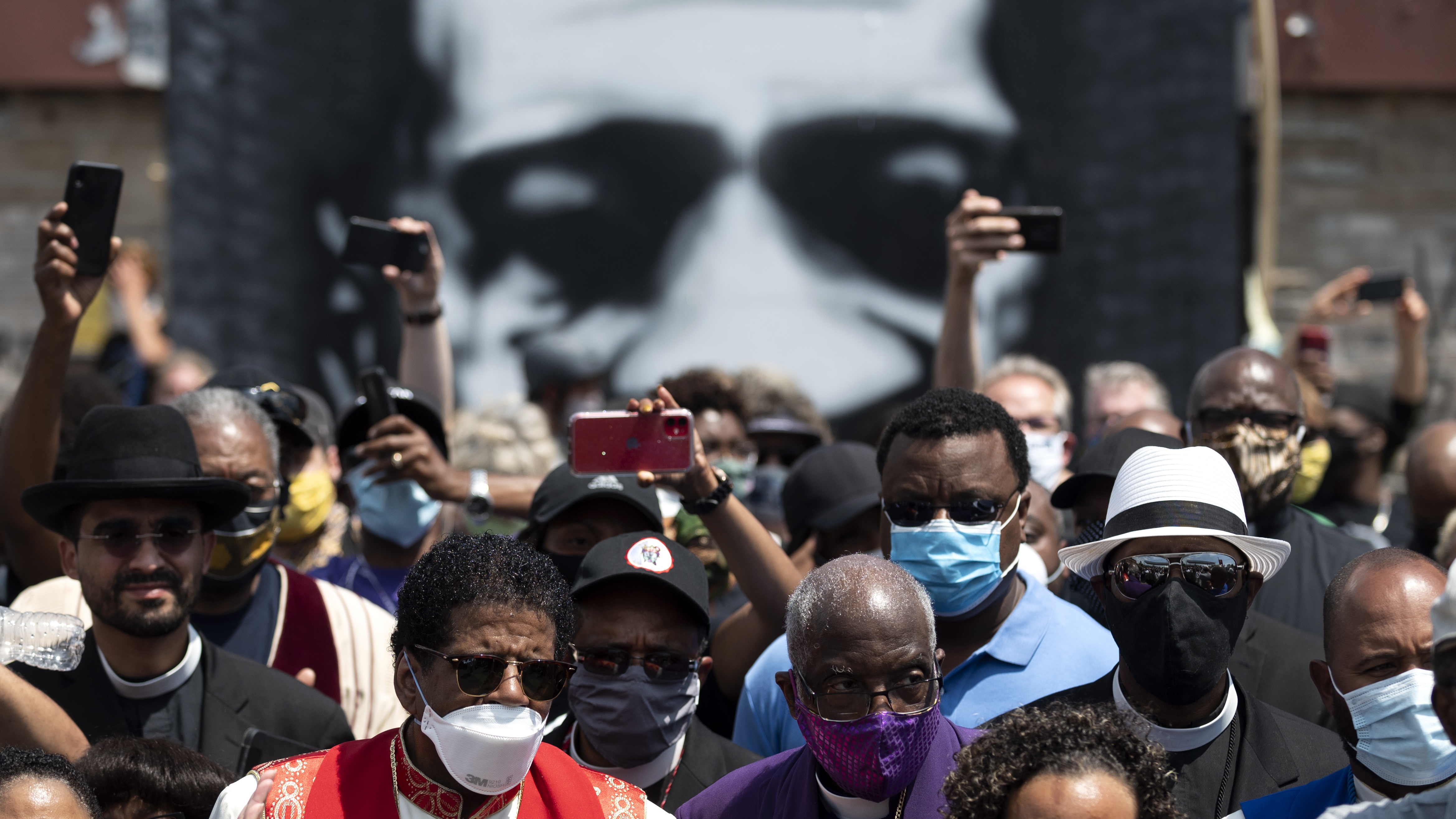
A free daily email with the biggest news stories of the day – and the best features from TheWeek.com
You are now subscribed
Your newsletter sign-up was successful
Derek Chauvin’s use of force against George Floyd was “unattractive but necessary”, lawyers for the former Minnesota police officer have argued at the opening of his murder trial.
Defence lawyer Eric Nelson told the jury yesterday that “the evidence is far greater than nine minutes and 29 seconds” of video footage showing Floyd’s death during his arrest last May by police including Chauvin, who denies all of the charges against him.
As demonstrators rallied outside the Minneapolis court, the first prosecution witness later testified that Floyd was “slowly fading away” as Chauvin kneeled on his neck. “His eyes slowly rolled to the back of his head” until “he didn’t have no life in him no more”, the witness said.
The Week
Escape your echo chamber. Get the facts behind the news, plus analysis from multiple perspectives.

Sign up for The Week's Free Newsletters
From our morning news briefing to a weekly Good News Newsletter, get the best of The Week delivered directly to your inbox.
From our morning news briefing to a weekly Good News Newsletter, get the best of The Week delivered directly to your inbox.
‘People believe police’
Prosecutors are pursuing three charges against Chauvin: second- and third-degree murder, and second-degree manslaughter.
The most serious charge of second-degree murder carries a sentence of up to 40 years in prison, but requires the prosecuting team, led by Minnesota Attorney General Keith Ellison, to prove that the ex-cop “unintentionally killed Floyd while committing a felony”, the Financial Times (FT) reports.
The maximum sentence for the manslaughter charge is ten years, and securing a conviction “only requires proving Chauvin took an unreasonable risk of causing death”, the paper continues. Yet while that challenge may sound relatively simple, given the widely shared video footage of Floyd’s death, “an ingrained trust in law enforcement can make it difficult to secure convictions against police officers”.
A free daily email with the biggest news stories of the day – and the best features from TheWeek.com
“People believe police,” Jeannine Bell, a law professor at Indiana University, told the FT. “The stats are that people who sit on juries trust the police, so they’re more likely to believe the police, and what police say, than what witnesses say.”
And should no conviction be secured for Chauvin’s involvement in Floyd’s death, “the prosecution of the other three officers” charged as “aiders and abettors” to his alleged crime becomes “extremely difficult”, writes USA Today columnist and legal scholar Jonathan Turley.
The prosecutors “constructed the cases against Chauvin, Alexander Kueng, Thomas Lane and Tou Thao like an upside-down pyramid resting on a conviction of Chauvin”, but “are aware of the instability and vulnerability of that strategy”, Turley explains.
With everything hanging in the balance, the prosecution and defence teams fought “tooth and nail over three gruelling weeks” of jury selection, says the BBC, before settling on a panel that “skews younger, more white and more female”.
A total of 15 people were selected - six white women, three black men, two multiracial women, three white men and one black woman - with 12 sitting on the jury and three “spares”. The identities of the group have not been revealed, but ten are reported to be aged under 50, while the oldest is a black grandmother in her 60s.
As the broadcaster notes, selecting a jury “in an emotionally charged case over a black man’s death at the hands of a white police officer was no easy feat”, amid extensive media coverage of Floyd’s deaths and the ensuing demonstrations that followed.
Potential jurors for the case were quizzed about whether “they had seen the video of Floyd’s death”, as well as “their media consumption and whether they marched in protests after Floyd died, and, if so, whether they carried signs”, The Washington Post reports.
Because the case is so high-profile, the individuals selected to be on the panel will remain “cloaked in anonymity”, the paper adds. The group will be “shielded from public view” and protected by armed guards while being “shuttled to and from Courtroom 1856” at the Hennepin County Government Center, where the televised trial is being heard.
Defining moment
“Everything is riding on the outcome of the trial,” warns Keith Mayes, an associate professor at the University of Minnesota’s Department of African American and African Studies.
“Yes, Chauvin is on trial, and it’s about the Floyd murder, but an argument can be made it’s about all the other folks that didn’t receive justice too,” Mayes told the Minnesota Star Tribune.
“That’s why a conviction is necessary for us to reimagine what a future can look like, because these cases continue to happen until the police are thoroughly reformed.”
It is currently unclear whether the jury will hear testimony from Chauvin, “who appeared emotionless in court while the footage” of Floyd’s death was played, says the New York Post.
However, his lawyers are expected to focus on “the fact that the opioid fentanyl was found in Floyd’s system, as well as methamphetamine, and that he had underlying health conditions”, The Guardian reports.
Defence lawyer Nelson said during his opening statements yesterday that evidence would show Floyd “died of a cardiac arrhythmia, that occurred as a result of hypertension, coronary disease, the ingestion of methamphetamine and fentanyl and adrenaline flowing through his body”.
Pundits are divided over whether the jury will accept that version of events.
“Historically, jurors have been reluctant to hold police officers accountable,” civil rights attorney and commentator Areva Martin told The Guardian.
“The world is waiting to see if the US will be courageous enough to stand up to a system that has a history of violating the rights of African Americans and, rather than protecting those lives, has actually destroyed them.”
Indeed, the trial will “be a vessel into which a splintered society places its rage, anxieties and hopes”, adds the Minnesota Star Tribune, and marks “another chapter - perhaps a turning point - in America’s racial history”.
-
 Quiz of The Week: 14 – 20 February
Quiz of The Week: 14 – 20 FebruaryQuiz Have you been paying attention to The Week’s news?
-
 The Week Unwrapped: Do the Freemasons have too much sway in the police force?
The Week Unwrapped: Do the Freemasons have too much sway in the police force?Podcast Plus, what does the growing popularity of prediction markets mean for the future? And why are UK film and TV workers struggling?
-
 Properties of the week: pretty thatched cottages
Properties of the week: pretty thatched cottagesThe Week Recommends Featuring homes in West Sussex, Dorset and Suffolk
-
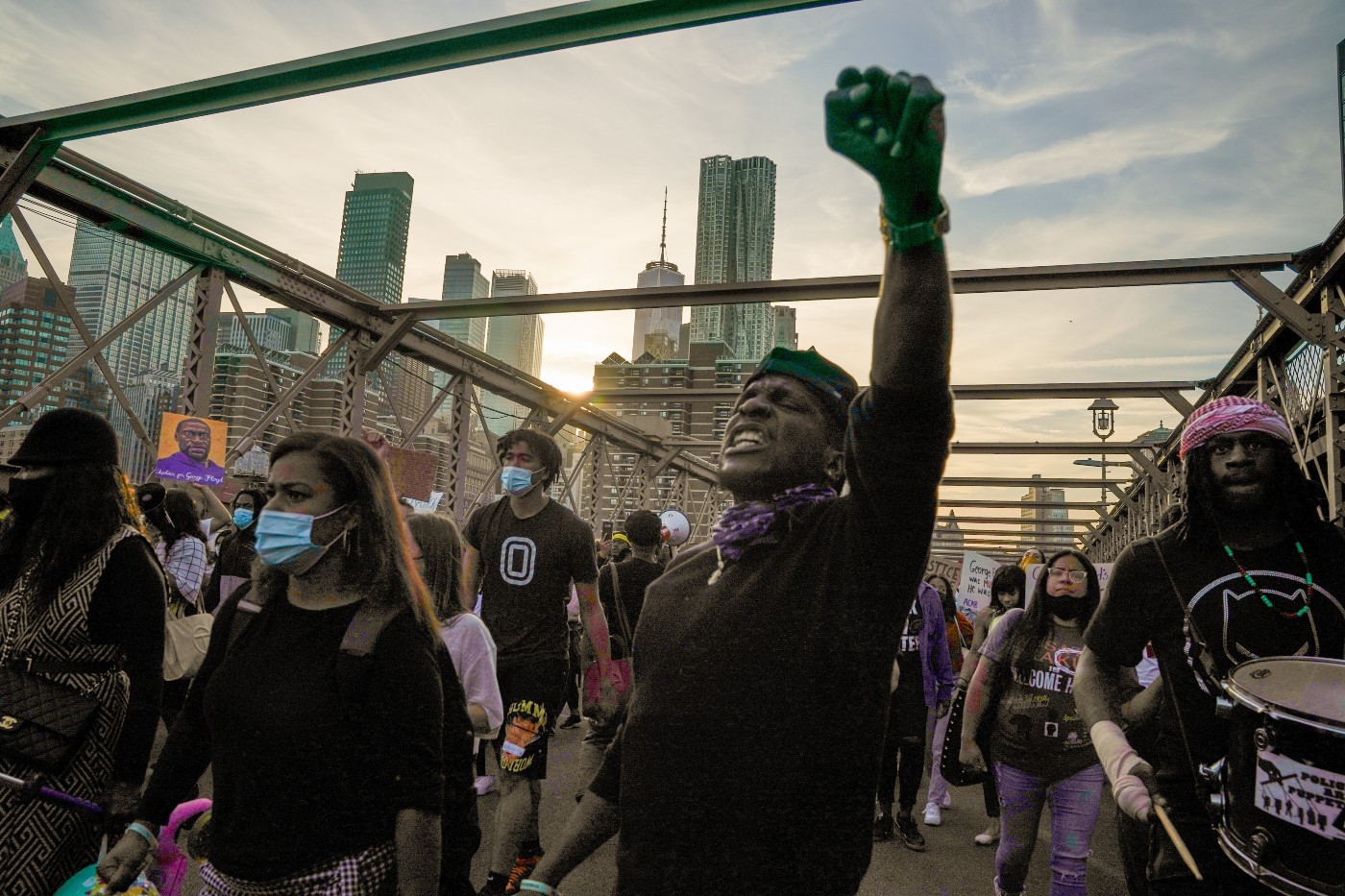 George Floyd legacy: what has changed in the US three years on
George Floyd legacy: what has changed in the US three years onfeature Police officers are more accountable but has ‘white empathy’ hit a wall?
-
 Why energy firms are sending in bailiffs during cost-of-living crisis
Why energy firms are sending in bailiffs during cost-of-living crisisfeature A Times investigation found that debt collectors had been force-fitting meters in people’s homes
-
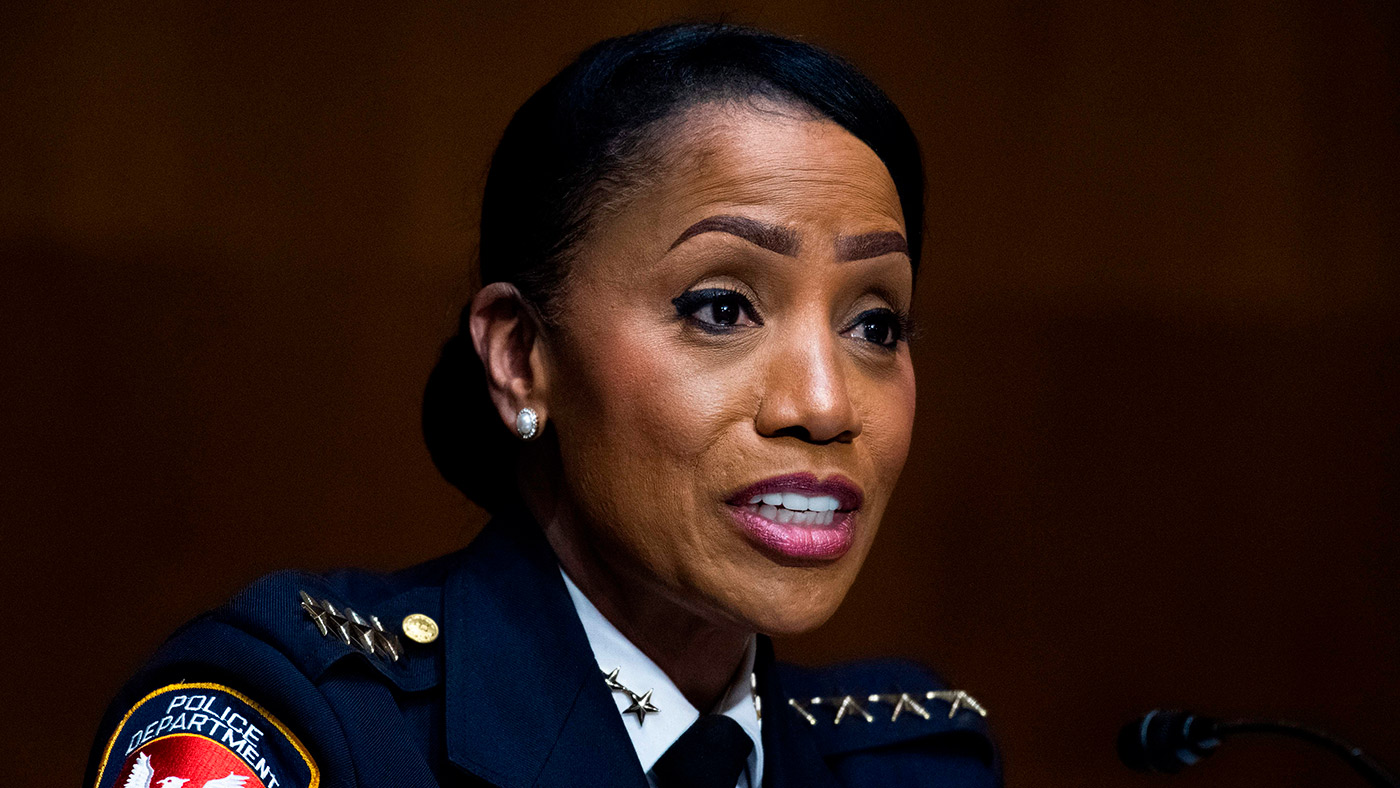 US elite crime-fighting units: a recipe for trouble?
US elite crime-fighting units: a recipe for trouble?feature Tyre Nichols’ death in Memphis highlights the dangers of using of elite crime-fighting units
-
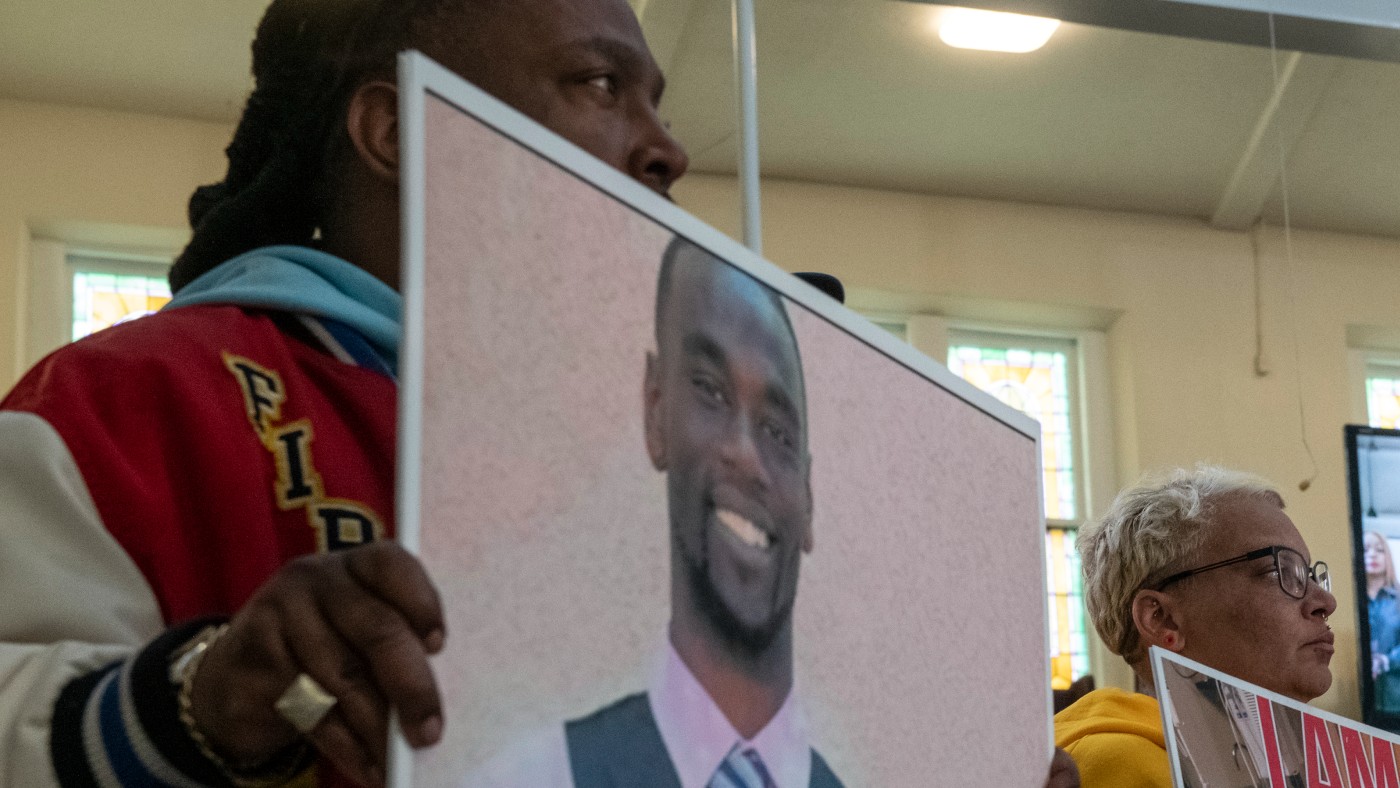 What happened to Tyre Nichols?
What happened to Tyre Nichols?Speed Read President Biden calls for ‘peaceful protest’ ahead of video release showing Memphis police officers fatally injuring 29-year-old
-
 ‘Police tactics are not getting worse, they are simply being filmed’
‘Police tactics are not getting worse, they are simply being filmed’Instant Opinion Your digest of analysis from the British and international press
-
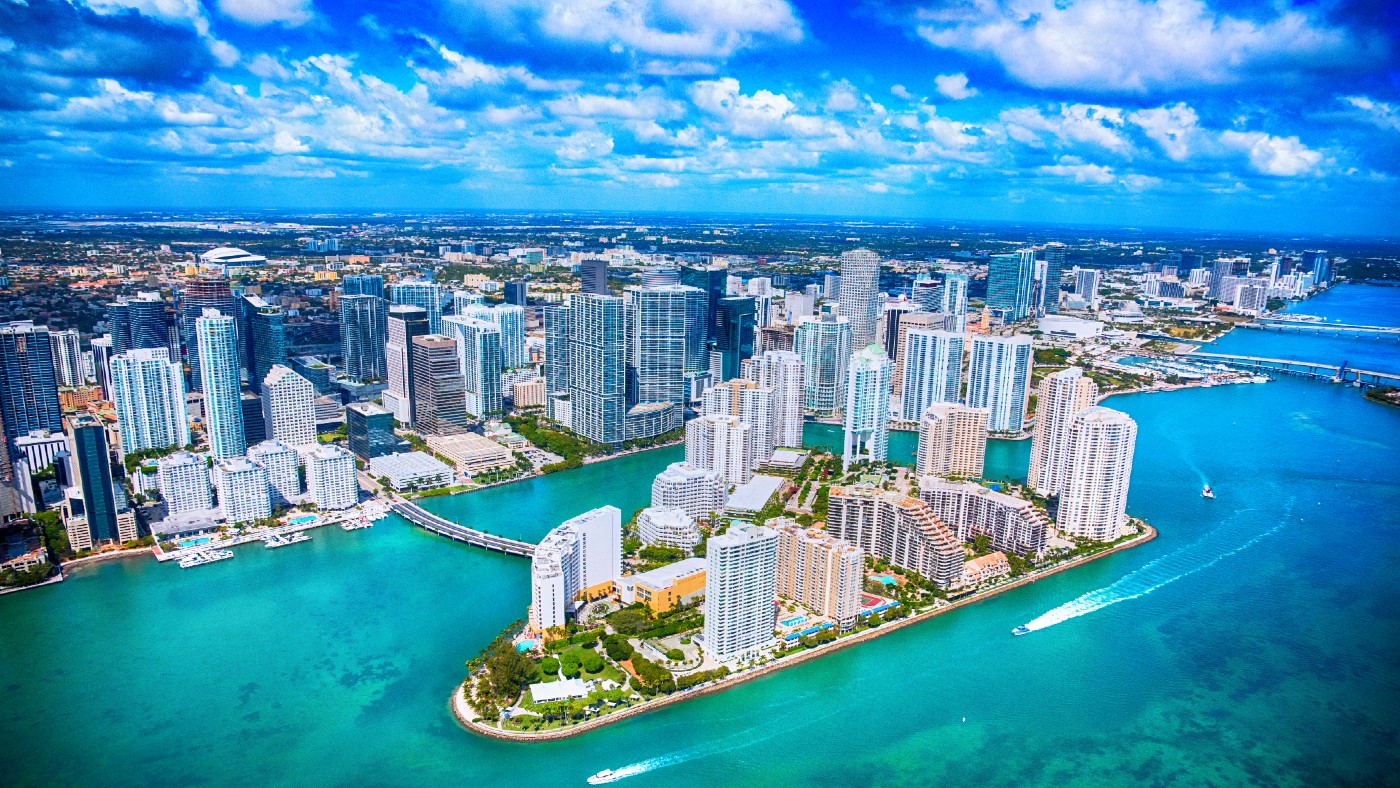 A sunshine state of mind: the mass exodus to Florida
A sunshine state of mind: the mass exodus to Floridafeature Could Florida be the new New York?
-
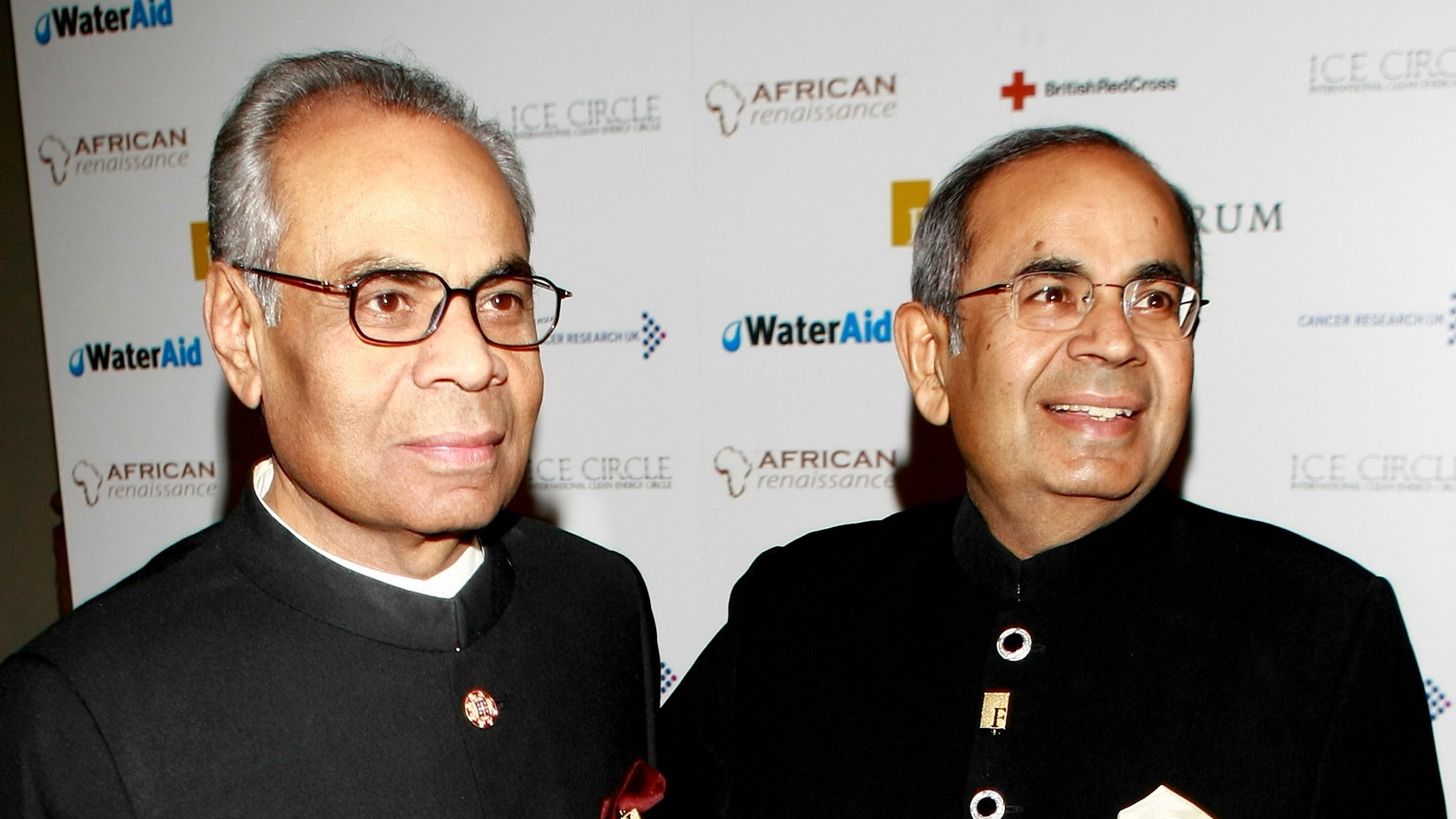 Who are the UK’s richest people?
Who are the UK’s richest people?feature Anglo-Indian brothers top this year’s list of the country’s billionaires
-
 Does the Highway Code prioritise cyclists?
Does the Highway Code prioritise cyclists?feature Updated code introduces new ‘hierarchy of road users’ that places drivers below pedestrians and cyclists